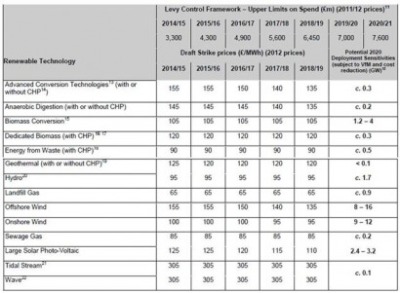With EDF being the latest of the Big 6 to announce an Energy Bill rise, it got me thinking, Energy Security is so imperative. (http://www.businessgreen.com/bg/news/2306416/edf-attempts-to-bounce-government-into-green-levy-reforms#!)
What struck me about the EDF rise is the implication that if the Green Levies (that are adding only £112 to the average £1287 family dual fuel bill – see my last blog https://talentforsustainability.wordpress.com/2013/10/11/energy-bills-politics-and-climate-change/) are scrapped or reduced in line with their expectations then no further price prices will be warranted. On the other hand, and to put it bluntly, if the Government don’t scrap or reduce Green Levies in line with their expectations, then further price rises will occur. This is political lobbying at its very best (or worst depending on what way you look at it)
On the face of it, that’s fine. However, we all know that Energy bills are highly political at present and this firmly puts the ball back into the Government’s court and basically urges them to cut green levies or face the consequences of disgruntled voters wanting answers.
I think it’s important that we again revisit what makes up an Energy Bill and where the cost to consumers comes from. There’s a good summary here:
I also believe that it’s vital that we assess our Energy Security – do you as a consumer, as a member of your community really want to be held to political ransom by an Energy Supplier? Well that seems to be what is happening. EDF are publicly exerting pressure on the Government to reduce Green Levies. If the Government buckle, which I anticipate they will do because they [seem] to perceive that voters would rather have fractionally lower energy bills over a greener more sustainable supply etc, then this leaves the Government at the mercy of further demands. So in backing EDF with Hinckley point, you then gift EDF even greater negotiating power over our Energy – how secure is that? What are the implications should EDF or any of the other Big6 decide that they don’t like something else?
It is in times like this where we all need to assess our Energy Security and what sort of future we want to “generate”. For me, a decentralised, community-led Energy Supply is the only way forward for cleaner & more secure energy supply.
Have I missed something?

